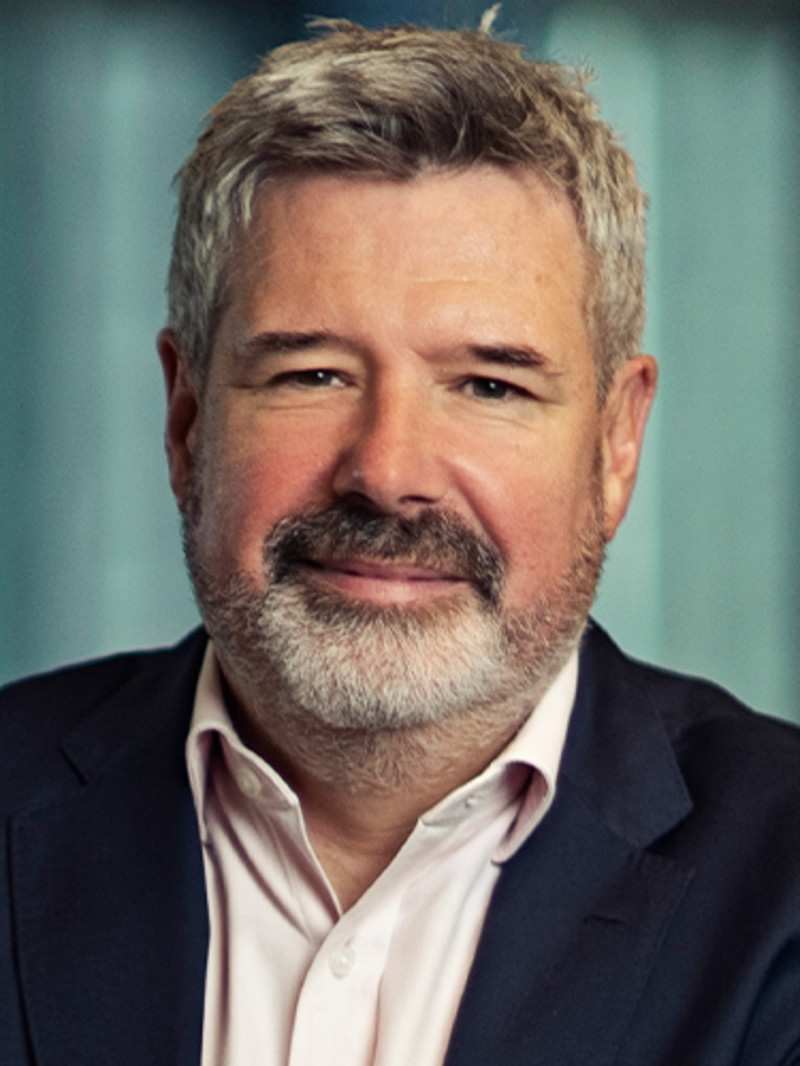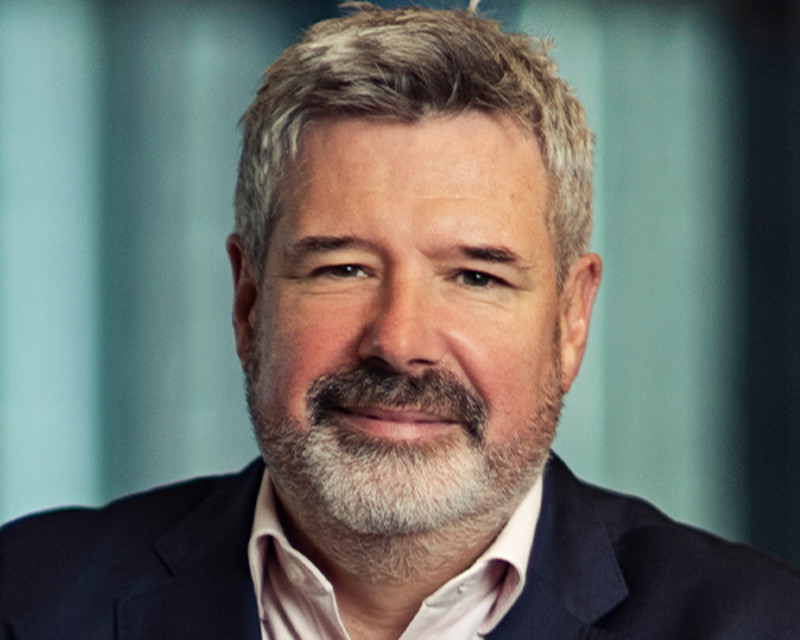

Pursuing the SDGs in emerging markets
The 2030 deadline for the UN Sustainable Development Goals (SDGs) is fast approaching, but progress so far has been much too slow. Overall, progress has been particularly slow in emerging markets. Robeco has recently published a paper setting out how it is possible to help emerging markets achieve the goals by investing in companies whose activities are making a positive impact towards the SDGs.
Summary
- Emerging markets are, overall, lagging developed markets in meeting the SDGs
- A deep understanding of the impacts of companies’ activities on progress towards the SDGs is crucial
- Robeco’s SDG Framework helps us identify which companies are contributing to the SDGs
In 2015, all the member states of the United Nations adopted the 17 Sustainable Development Goals – a collection of interlinked global goals designed to represent a "blueprint to achieve a better and more sustainable future for all". They seek to promote sustainable economic growth, advance social inclusion and safeguard the natural environment.
But overall progress has been far too slow, and there’s clear evidence that emerging markets are on average further away from meeting the SDGs than developed countries. If the SDGs are to be reached by 2030 – their due date – progress needs to speed up everywhere, but especially in emerging markets.
Inclusion in financial markets is key to achieving the SDGs
Unfortunately, emerging markets face a range of hurdles on the road towards attaining the SDGs. One of the most significant is gaining sufficient access to financing. And not only is more financing required for activities that help countries meet the SDGs, there’s also a pressing need to cut financing of activities that are in conflict with the SDGs’ aims.
The challenge for sustainable investors is to find ways of providing more financing to countries that are a long way off reaching the SDGs, while making sure it only finds its ways into activities that are in support of the goals and do not conflict with them. This requires a deep understanding of the impacts of companies’ activities on progress towards the SDGs.
Identifying companies’ impacts on progress towards the SDGs
Allocating to companies that contribute to the SDGs and operate in emerging markets is one way for investors to help these countries achieve the goals – but to be able to do so, they need to be able to identify such firms.
With this aim in mind, Robeco has developed an SDG Framework that is based on a three-step process to define to what extent a company makes a positive or negative contribution towards the goals.
We look at every company’s products and services, business conduct and whether it has been involved in any controversies to help us calculate a score on a seven-point scale for each SDG for each company. From there, we assign an overall SDG score to every firm. If a company has a negative score for any of the individual SDGs, it will receive a negative overall SDG score regardless of whether it makes a positive impact on any of the other SDGs.
Our SDG Framework helps us to integrate a consideration of the SDGs into our investment strategies. Once we have calculated an overall SDG score for the issuers in the investment universe, we can include the best companies in our investment process while avoiding investing in firms making a negative impact.
Get the latest insights
Subscribe to our newsletter for investment updates and expert analysis.
SDG-aligned investing in emerging markets
We have analyzed the impact on progress towards the SDGs of all the companies in the MSCI Emerging Markets Index using our SDG Framework. We found that 26% of firms have a negative impact on progress towards the SDGs, 22% do not make a significant contribution either way, and around 52% of companies contribute positively to the goals.
The chart below shows the proportions of companies in the MSCI Emerging Markets Index making positive (blue) and negative (purple) contributions to individual SDGs. For example, 35% of the companies in the benchmark contribute positively to SDG 9 – Industry, Innovation and Infrastructure. Conversely, 12% of companies have a significant negative impact on SDG 13 – Climate Action, while 2% make positive contributions towards this goal.
Some SDGs are not very investable: no companies support (or significantly harm) SDG 10 on Reduced Inequalities, which aims to reduce socioeconomic inequalities at a macroeconomic level that companies have little direct influence over.

Source: Robeco
There are plenty of opportunities to do good
There’s huge scope to invest in companies from emerging markets that are making a meaningful positive impact on progress towards the SDGs and that also have a promising growth outlook. Some of the areas providing the biggest opportunities include:
Access to finance for everyone
Improved access to healthcare solutions
Nutrition and better agricultural productivity, especially in low-emission food sources
Renewable energy
Sustainable land use
In our paper, we focus on the investment opportunities in the education and sanitation sectors.
When it comes to education, there are over 30 companies listed in emerging markets that form part of Robeco’s eligible universe and are involved in schooling, learning systems and education-related publishing and REITs linked to education services. As well as helping to improve access to education in low-income countries, many have considerable potential to grow their sales.
Meanwhile, there’s a pressing need to improve sanitation in emerging markets as some 827,000 people in low- and middle-income countries die each year as a result of inadequate access to water or sanitation or poor hygiene. Water utilities, companies involved in environmental services and personal care and home appliance firms can have a major impact on improving sanitation, and we’ve identified 96 listed companies in these areas in emerging markets that could represent attractive investment opportunities.
There is still considerable scope for investors to make a positive impact in emerging markets. Robeco’s SDG Framework enables us to do just that.


























